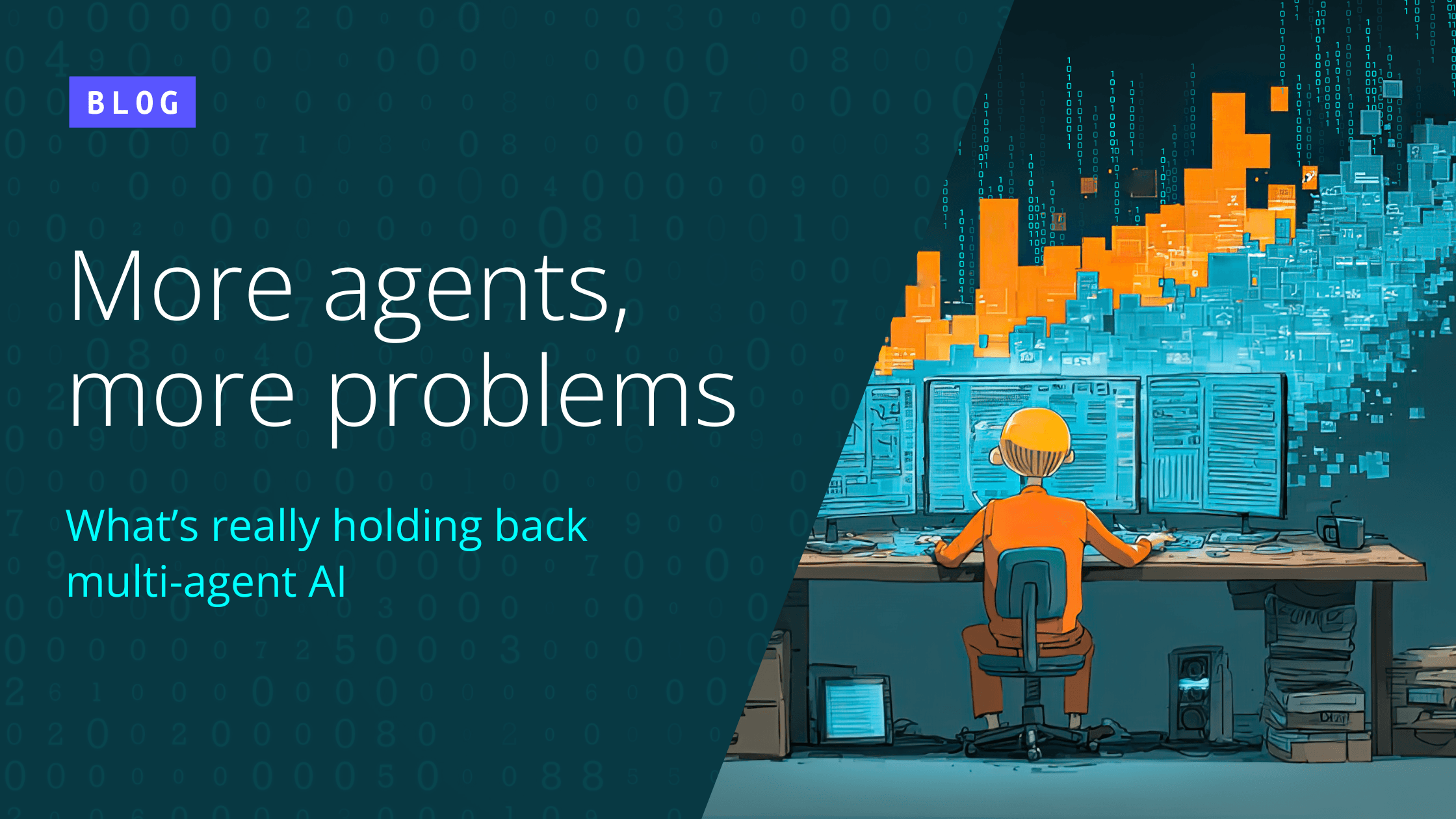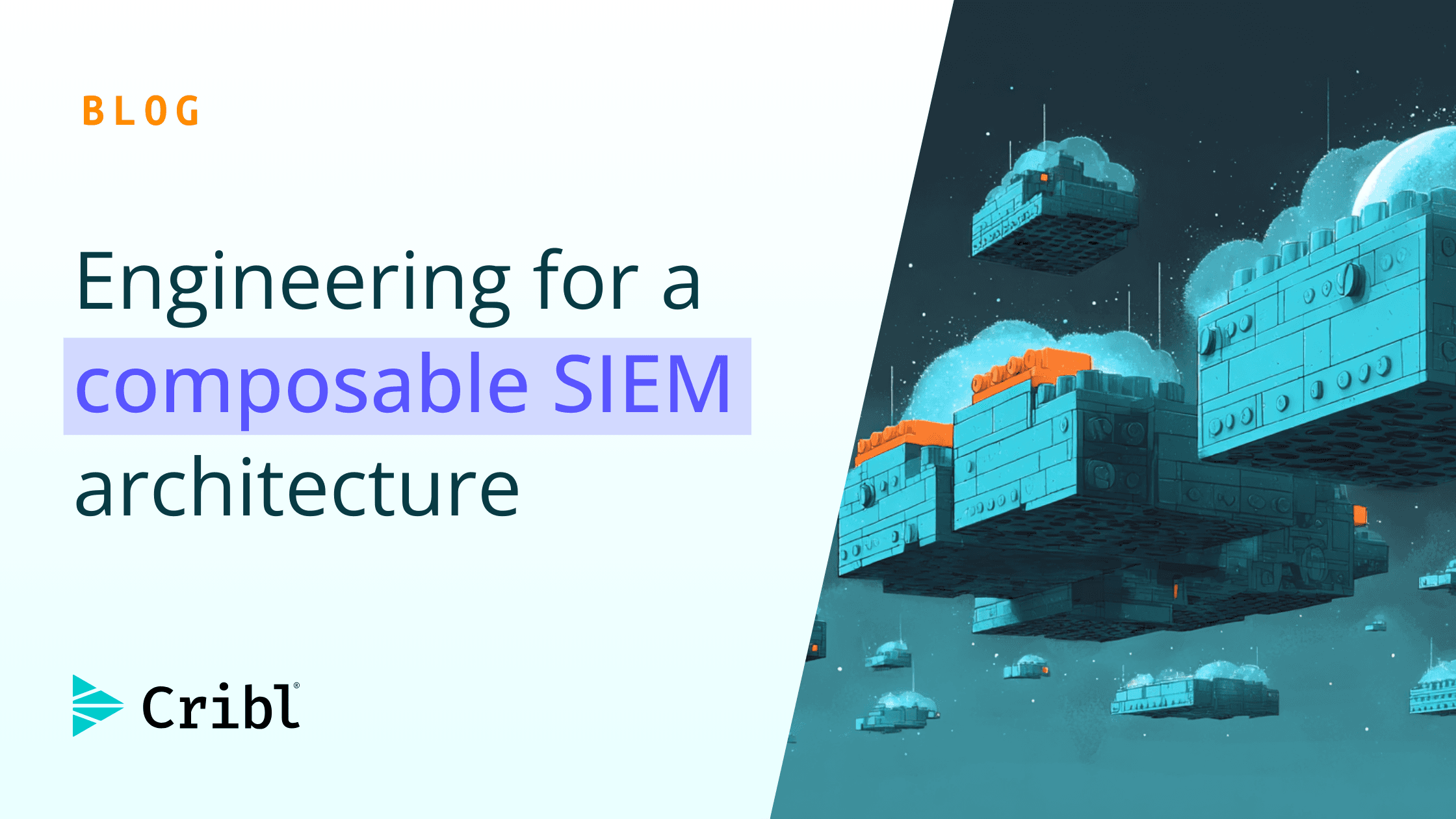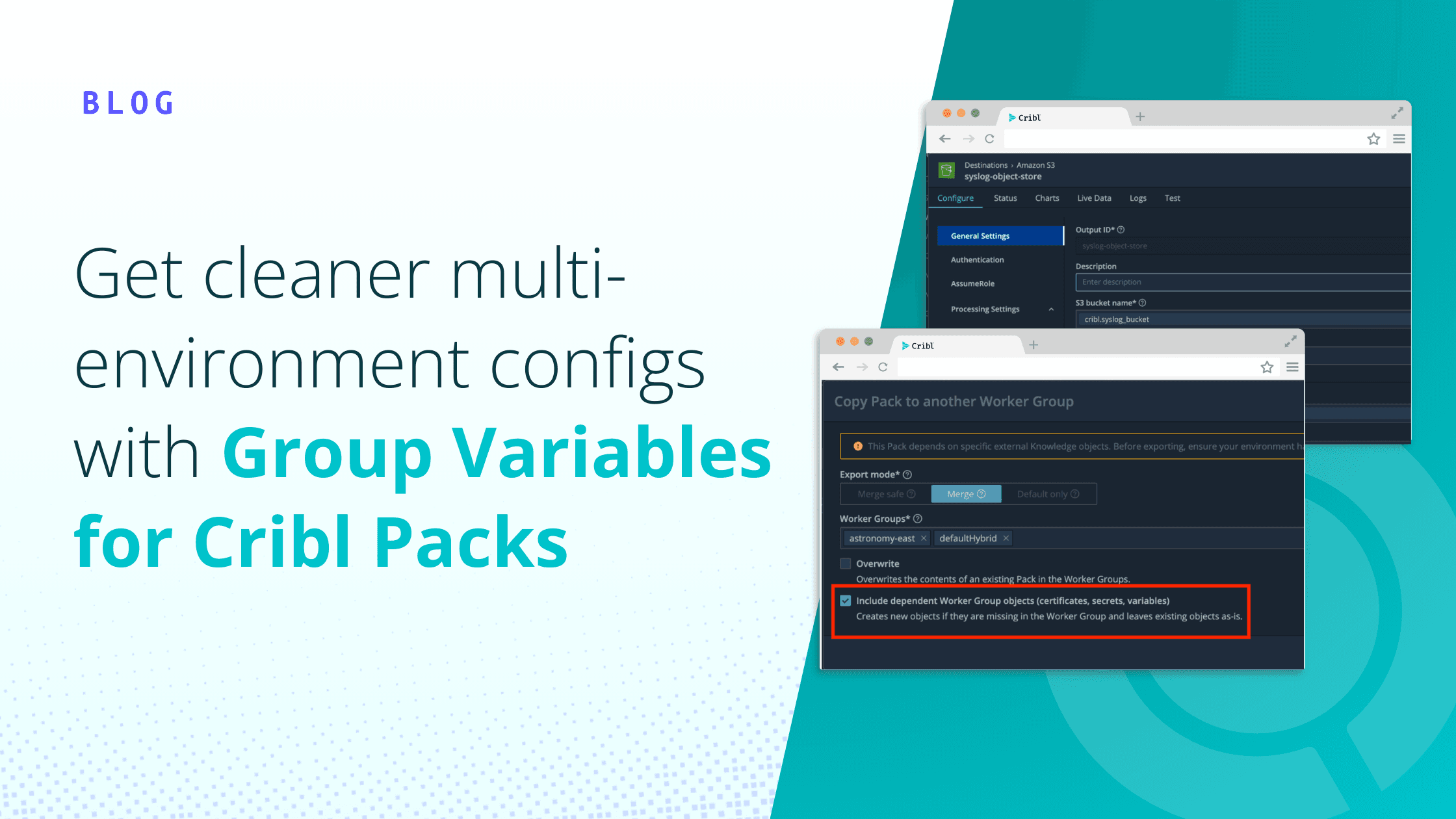A data engine is a centralized platform designed to efficiently collect, process, and route data across an enterprise. It enables organizations to manage and optimize vast amounts of diverse data, ensuring seamless delivery to the right tools and systems for analysis, storage, or action. With the flexibility to handle structured, semi-structured, and unstructured data, a data engine is essential for modern IT and security operations.
What is a data engine?
A data engine is a powerful platform designed to collect, process, route, and analyze data from various sources across an enterprise. The concept emphasizes dynamically managing data in any format—structured, semi-structured, or unstructured—and delivering it to the right tools for storage or real-time analysis. Unlike traditional systems, which rely on rigid, predefined schemas, a data engine adapts to evolving data needs in real time, offering flexibility and control over how data is handled.
The modern enterprise generates massive volumes of diverse data. Managing this data efficiently requires more than just storage; it demands real-time insights, cost-effective storage strategies, and the ability to optimize data usage across the entire organization. A data engine provides the essential capabilities to meet these demands, enabling organizations to unlock the full value of their data by ensuring that it can be accessed, processed, and routed as needed.
Core Features of a Data Engine
A fully-realized data engine delivers several key functionalities that enable modern IT and security operations:
Data Collection and Ingestion
The data engine collects data from any source, including cloud platforms, on-premise systems, and edge devices. By supporting centralized fleet management, it allows organizations to efficiently handle large-scale data collection and determine which data should be processed or routed to specific destinations, optimizing both performance and resource use.
Data Processing and Enrichment
Data engines should allow for real-time data processing and enrichment, reducing the burden on downstream systems. By transforming raw data through parsing, reducing, or enriching it, the engine ensures only valuable data is processed, which saves time and resources. This capability is critical for handling large data volumes while keeping systems running efficiently.
Data Routing and Control
A robust data engine enables highly configurable data routing, ensuring data is directed to the most appropriate systems based on immediate needs. Schema-on-need functionality further streamlines the process by applying data formatting only when necessary, optimizing performance and minimizing complexity. This feature supports flexible data handling, making it easier to interact with different data types and sources.
Tiered Storage and Cost Optimization
The ability to implement a tiered storage strategy is key to controlling costs. A data engine optimizes storage by sending high-value data to high-performance systems and routing lower-value data to more cost-effective storage solutions. This approach ensures data is stored efficiently without sacrificing performance.
Learn more about data tiering here.
Unified Data Access and Querying
Data engines provide unified access to data, enabling teams to query data in place, whether it resides in cloud storage, on-premise, or distributed environments. By leveraging a single, intuitive query interface, users can access the data they need without having to move or restructure it, minimizing time and resource expenditures.
Metrics for application infrastructure performance
Cribl serves as the data engine for IT and security teams, purpose-built to manage the unique challenges of modern data environments. Designed with flexibility, scalability, and openness at its core, Cribl enables organizations to collect, process, route, and store data from any source, ensuring that they have complete control over their data without vendor lock-in. Whether handling billions of events per second or managing data across distributed infrastructure, Cribl offers the tools necessary to address evolving data management needs.
Cribl’s product suite—Stream, Edge, Search, and Lake—helps organizations:
Collect and analyze data from any source.
Optimize data storage and routing, ensuring only valuable data is sent to expensive analytics tools.
Manage data at scale, processing billions of events per second to meet the demands of high-performance environments.
By serving as the backbone of modern data management strategies, Cribl empowers IT and security teams to unlock the full potential of their data while reducing complexity and cost.
Wrapping Up
A data engine is essential for enterprises seeking to navigate the growing complexity of data management. With the flexibility to collect, process, route, and analyze data across a distributed infrastructure, Cribl helps organizations meet today’s data challenges while preparing for future growth. By implementing a data engine, enterprises can optimize their data strategy, unlock hidden insights, and future-proof their operations.






